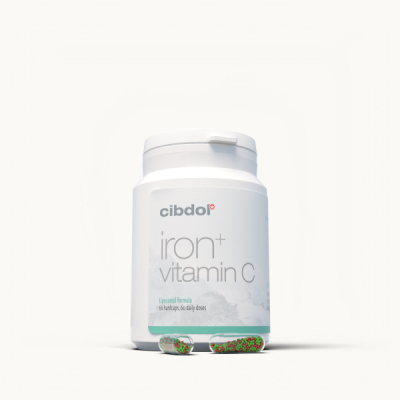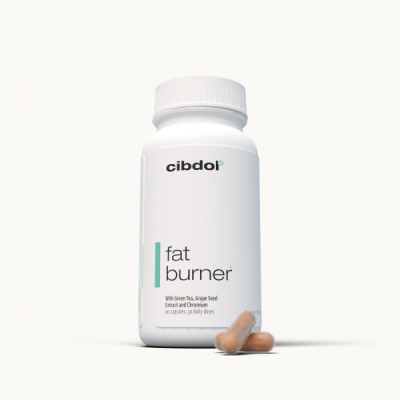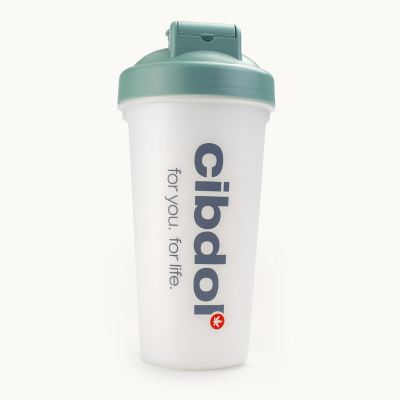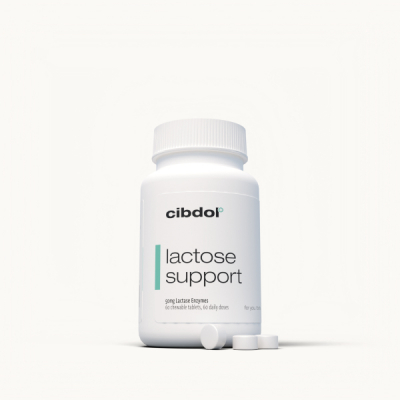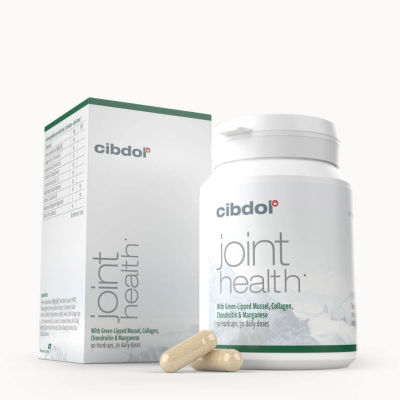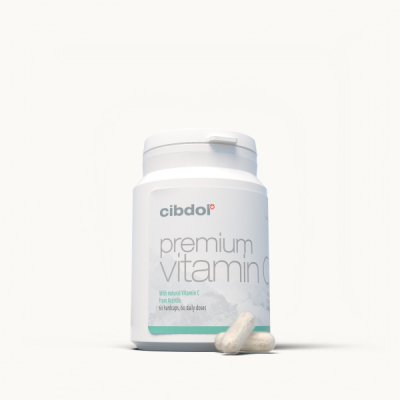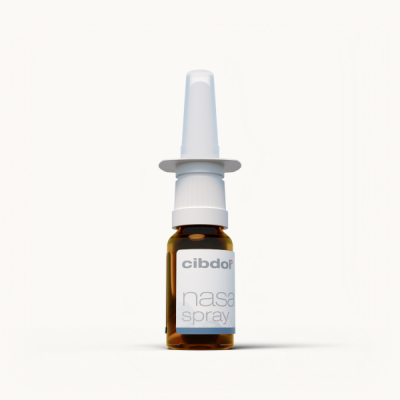We don't ship to your address!
Due to your country law and regulations, we are not permitted to send to your current location. If you have any questions please contact usWe're here to help
Have questions about our products or content? Don't hesitate to get in touch with us.-
Contact
-
Information
-
Blog
Search
Please insert a search term in the input field. If you have any question please contact us contact us
You have to add to cart at least 0 bottles or any program to make checkout.
We don't ship to your address!
Due to your country law and regulations, we are not permitted to send to your current location. If you have any questions please contact usWe are here to help you
We are here for you. If you have any question please contact usSearch
Please insert a search term in the input field. If you have any question please contact usWe don't ship to your address!
Due to your country law and regulations, we are not permitted to send to your current location. If you have any questions please contact usWe are here to help you
We are here for you. If you have any question please contact usSearch
Please insert a search term in the input field. If you have any question please contact usBUY 3, PAY FOR 2! Add 3 CBD Products to your shopping cart and use the discount code: CIBDOL3
-
Showing 1 - 9 of 9 itemsWhich product do I need?
Frequently Asked Questions
How do I choose the right Cibdol Health supplement?
Whether you want to strengthen your immune system, support digestion, or maintain daily energy, Cibdol Health helps keep your body in balance. Discover which supplement matches your personal health goals.- What makes the Cibdol Health range special?
-
Cibdol Health combines natural ingredients with clinically researched formulas. Each supplement supports the body in a unique way – from immunity and digestion to bones, muscles, and recovery.
- Which supplements boost my immune system?
-
Premium Vitamin C, Vegan Vitamin D3, and Active B12 work together to support your immune defences. They promote red blood cell formation, enhance iron absorption, and protect against oxidative stress.
- How does Iron + Vitamin C support my health?
-
Iron + Vitamin C is ideal if you often feel tired. Iron improves oxygen transport in the blood, while Vitamin C optimises its absorption and contributes to a stronger immune system.
- What does Q10 100mg do for my body?
-
Coenzyme Q10 helps cells generate energy and protects them from oxidative stress. It supports heart and brain health while reducing fatigue.
- When should I use Joint Health?
-
Joint Health supports flexible joints and helps maintain cartilage health. Recommended for active individuals or anyone experiencing stiffness or joint strain.
- What does Lactose Support do?
-
Lactose Support contains enzymes that help digest lactose efficiently. Perfect for people with mild lactose intolerance who still want to enjoy dairy products comfortably.
- How does Shilajit fit into the Health range?
-
Shilajit is rich in fulvic acid and trace minerals that nourish cells and accelerate recovery. It supports energy, endurance, and overall vitality.
- What are the benefits of Cibdol Greens?
-
Greens is a daily blend of plant-based nutrients, spirulina, algae, and antioxidants. Ideal for anyone who struggles to get enough vegetables or micronutrients in their diet.
- How does the Fat Burner work?
-
Fat Burner supports natural metabolism and helps the body use fat more efficiently for energy. Great for those pursuing weight management or an active lifestyle.
- What is the purpose of the CBD Nasal Spray?
-
CBD Nasal Spray moisturises, clears nasal passages, and promotes easy breathing. Formulated with CBD, xylitol, and eucalyptus — safe for daily use.
- How do I use the Cibdol Shaker Cup?
-
Use the Shaker Cup to easily mix your Greens or other powdered supplements. Made from durable, BPA-free materials for everyday use.
- Can I combine different Health products?
-
Yes. Most Cibdol Health supplements are designed to complement each other. For example, combine Vitamin D3 with Iron + C and Q10 for overall vitality, or Greens with Joint Health for recovery and mobility.
- Are Health supplements safe for daily use?
-
Yes. All Cibdol Health products are made from pure, natural ingredients and tested by independent laboratories. They’re safe for daily, long-term use and free from synthetic additives.








